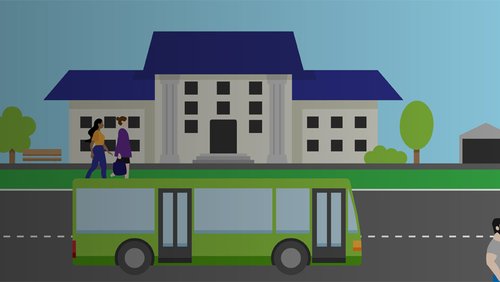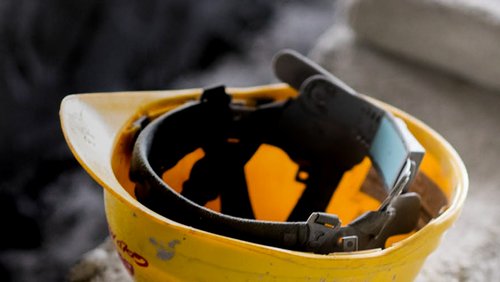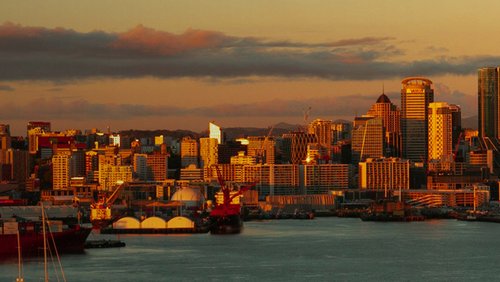30 Nov 2017
Engineering New Zealand Chief Executive Susan Freeman-Greene says everything her organisation has done to raise the bar for engineers has been in the shadow of this tragedy.
“Today our first thoughts are for those who lost loved ones in the CTV building. We are very aware of the families’ ongoing grief.
“We know that the public wants better ways of holding engineers accountable. We’ve changed our rules so that a member can’t resign to avoid a complaint, and we’ve overhauled our complaints process.
“Last year we introduced a new Code of Ethical Conduct that sets new expectations for engineers.
“Engineers now have an obligation to report potential adverse consequences for people’s health and safety. This means that they must take action if they see something of concern.
“For example, if they see potential design flaws in a building under construction, or poor construction practices that threaten health and safety.
“And if an engineer suspects another engineer has significantly breached the Code, they must report this.
“On 1 October, Engineering New Zealand introduced a new membership pathway for our 20,000 members. All members must now pledge every year to uphold the Code of Ethical Conduct and commit to on-going professional development.
“We have strengthened the Chartered Professional Engineer assessment process for structural engineers to include more specific and targeted assessment.
“But we would like to see changes to the way engineers are regulated. Engineering New Zealand supports the task-based licencing of engineers for safety-critical work. This means restricting safety-critical design to engineers specifically licensed to do this work.
“As well as structural engineering, we’d like to see this kind of regulation extend to any safety-critical work; for example, fire, geotechnical and food-process engineering.”




